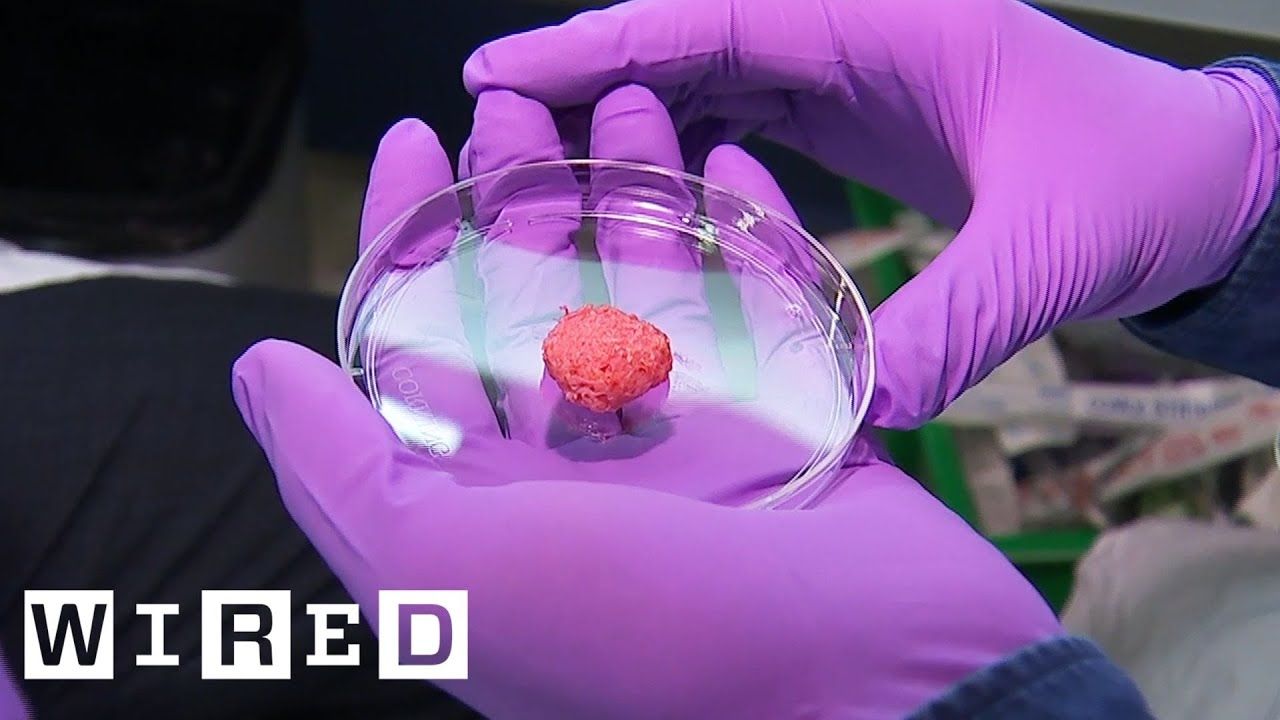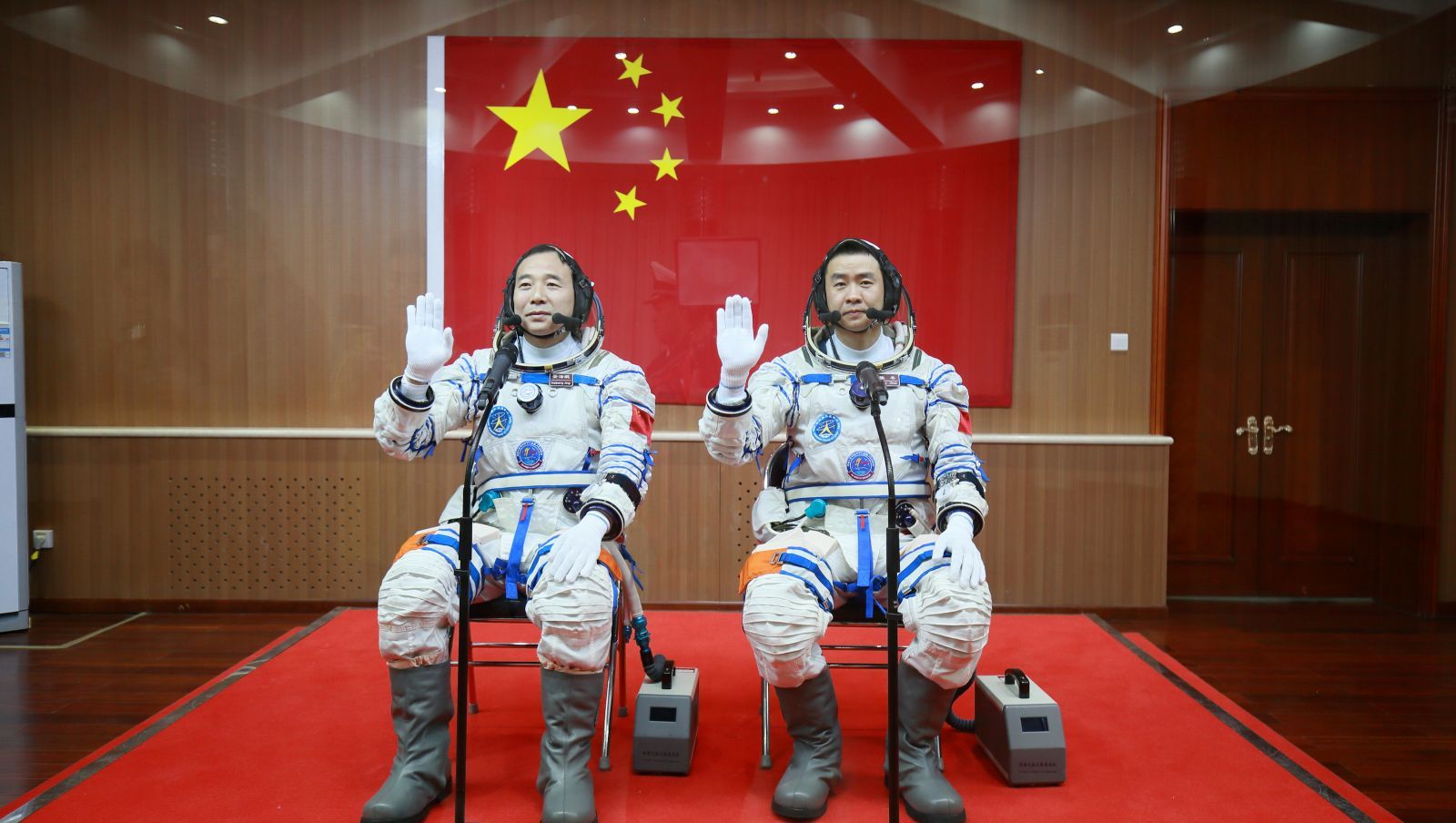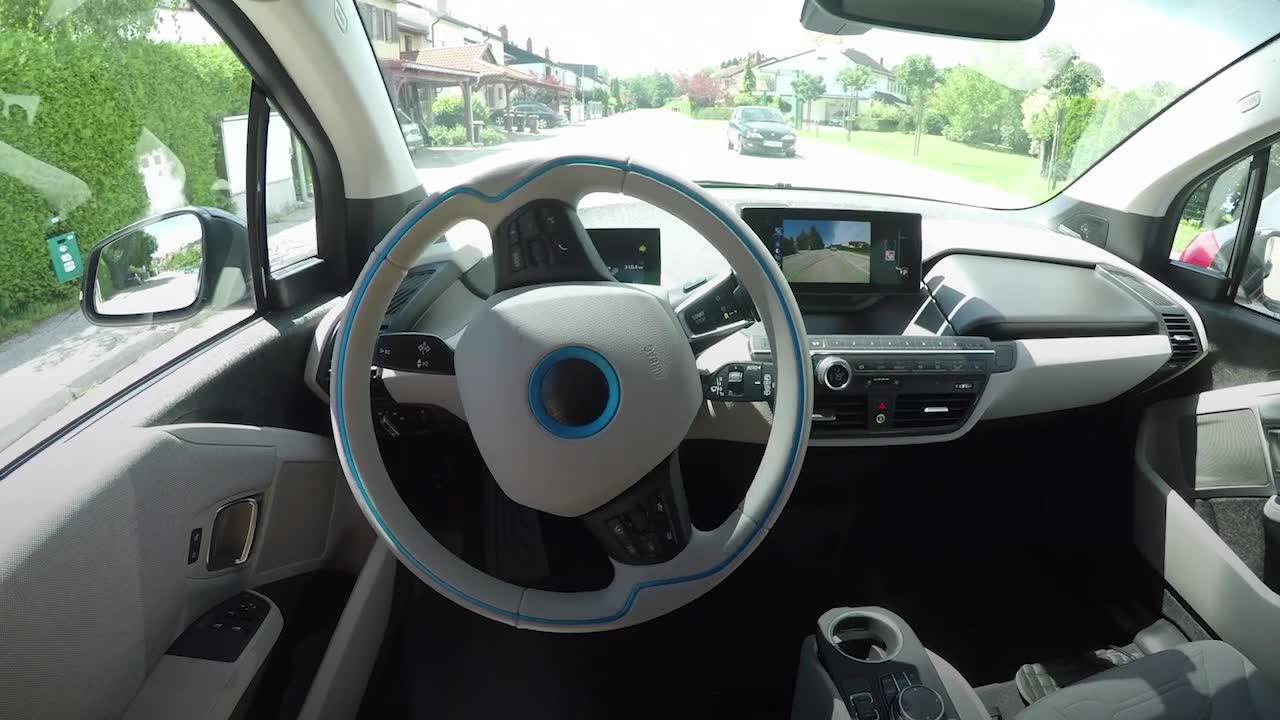Before the 7.6 billion people alive today, demographers estimate that about 100 billion people lived and died. This is the reality of the human condition. Memento mori, as medieval Christians reflected—Remember that you have to die.
What if it didn’t have to be this way? There are, in fact, organisms whose bodies steadily and reliably replace cells with healthier cells, and whose tissues and organs self-repair and maintain their vigor. They’re called children. And there are cells in adults that divide indefinitely. They’re called cancer. What if there were a way to genetically re-engineer and chemically reprogram our cells to divide indefinitely like they do in children, and to continue this process throughout adulthood without becoming cancerous? Could we become immortal?
“I don’t want to achieve immortality through my work,” Woody Allen once said, “I want to achieve immortality through not dying. I don’t want to live on in the hearts of my countrymen; I want to live on in my apartment.” There are today well-funded groups of scientists who believe we can do just that. If these techno-dreamers succeed, would you want to live for 150 years? 300 years? Or even 500 years? I’m not talking about being brain-dead and bedridden on a morphine drip. I mean living a full, rich physical and mental life for centuries, possibly forever. Would you opt for immortality?
Read more









